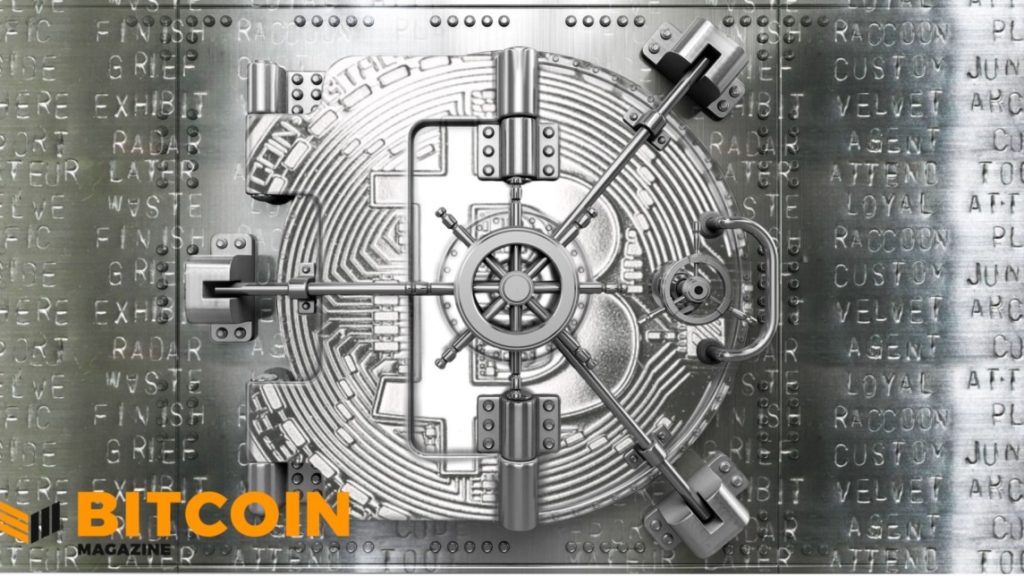We’re going to continue our conversation of Bitcoin’s role in humanitarianism, this time in the realm of private property rights.
The government has to protect your property from theft by other private individuals, and the government itself cannot take your property without due cause and/or just compensation.
And in a society where people are disincentivized to work, there are fewer products and services available and less innovation occurring.
They have to be enforced by a government that punishes people for stealing other people’s property as well as not encroaching on its own citizen’s property.
For example, the Chinese government will cut off people from Alipay and WeChat Pay, popular Chinese payment systems, if they make statements that go against the current authoritarian regime.
The blockchain has stood the test of time, in that 51% of it has yet to remain under the control of a single actor, and as the number of nodes grows, this becomes less and less likely to happen.
For millions of people around the world, bitcoin is their first chance to practice self-sovereignty over their own money.
